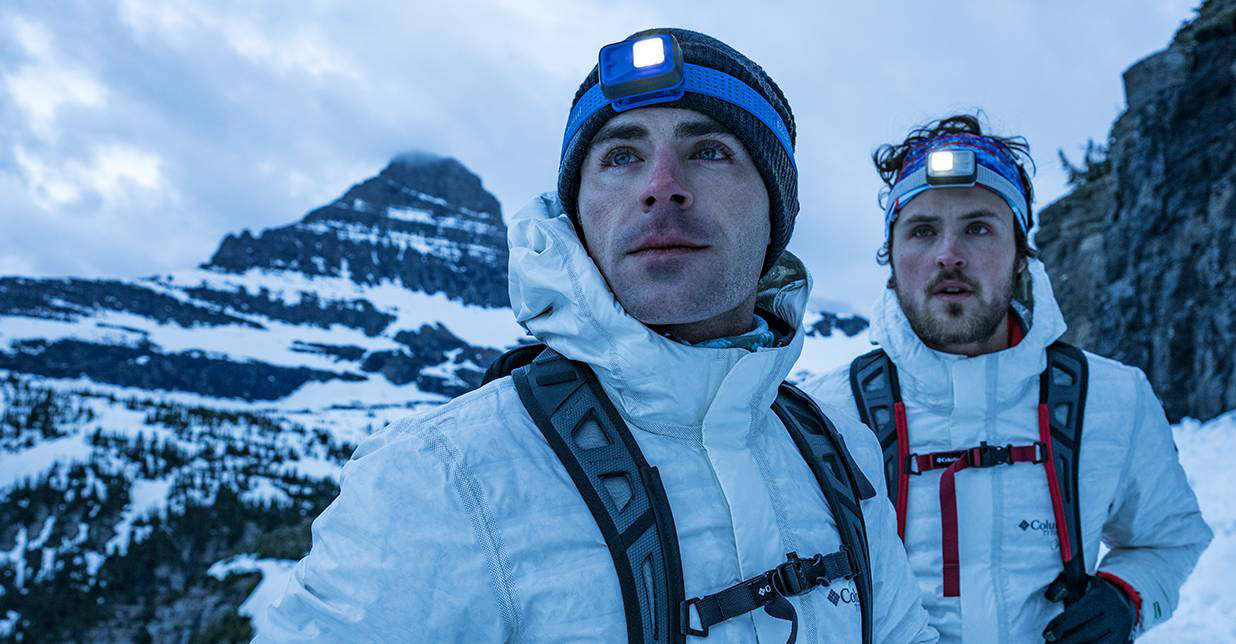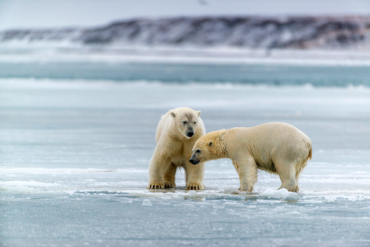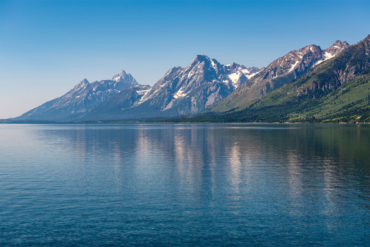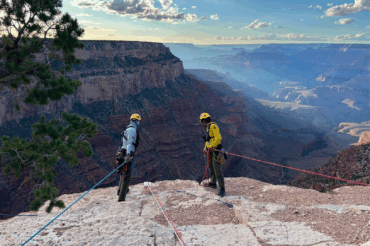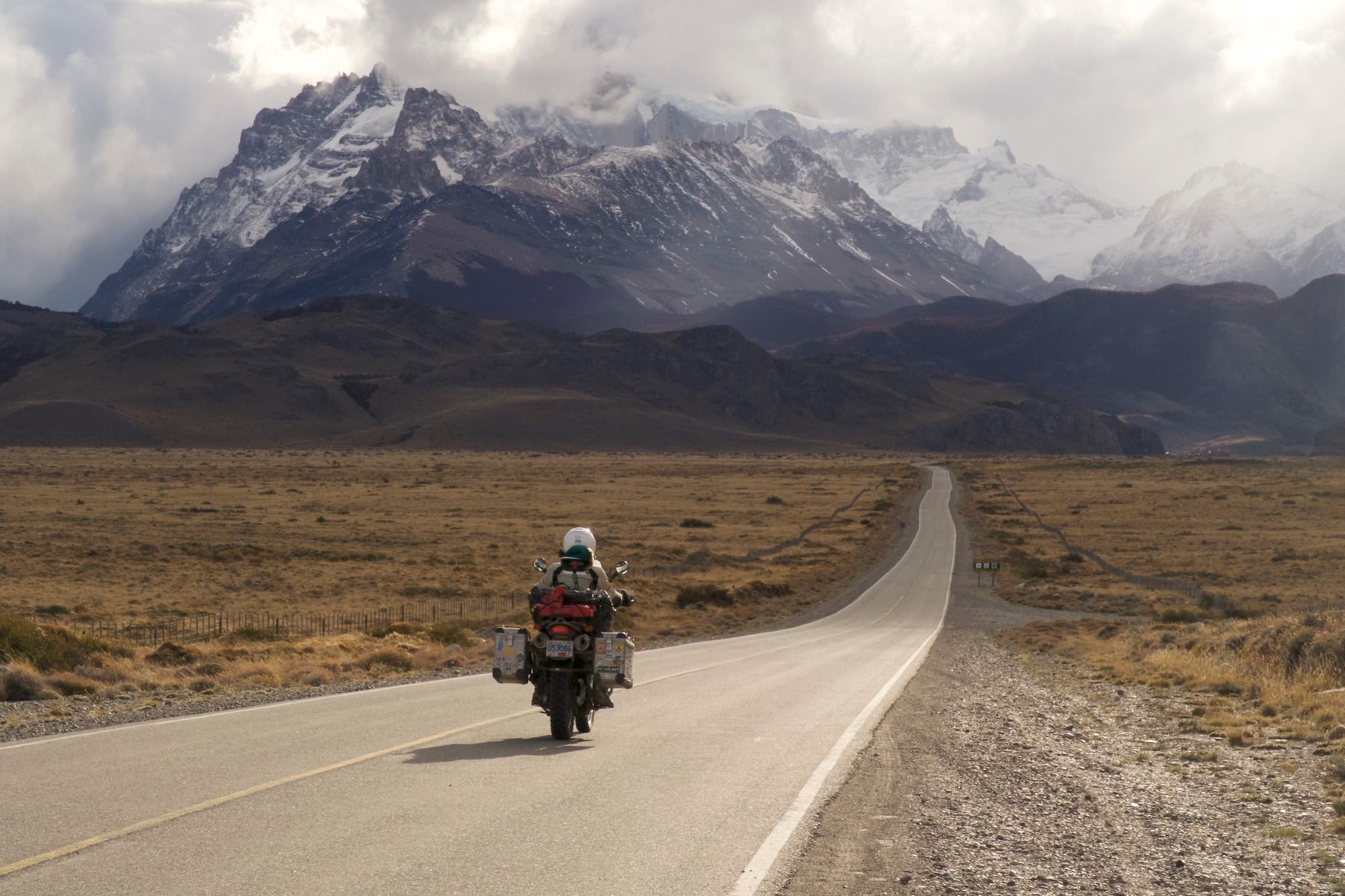The legendary “one tough mother” and former Columbia Sportswear president earned the prestigious award at the age of 93.

The annual ISPO trade show in Munich, Germany, may be the European showground for the latest in modern, cutting-edge winter sports technologies. Yet one of the biggest stories to come out of this year’s show was 93-year-old Gert Boyle.
Each year in Munich, the massive show hands out the ISPO Cup to legends of sport. Former winners include the likes of Brazilian football legend Pele, mountaineering icon Gerlinde Kaltenbrunner, and World Cup ski champion Hermann Maier.
Gert Boyle: An Icon of Gear

But for the first time, the jury broke with the tradition of awarding the ISPO Cup to a sporting icon. Instead, they bestowed the honor upon the former president of Columbia Sportswear – one of the outdoor industry’s leading lights and most recognizable figures.
The decision to award this year’s Cup to a non-sporting icon certainly raised a few eyebrows in Munich.
Gert Boyle may not have any world records, Olympic medals, or FKTs to her name, yet her life’s work and personal achievements have been equally as hard-won.
Gert Boyle: Taking the Columbia Helm
When Columbia owner and Gert’s husband Neal Boyle died of a heart attack in 1970, she inherited the family company. Together with son Tim, they transformed a business valued at just $1,400 into a multi-billion-dollar global company. Today, it’s home to 5,000 employees and customers around the world.
Seen in this way, Boyle’s achievements are every bit as extraordinary, impressive, and significant as those accomplished by previous ISPO Cup winners. In the words of Flori Schuster, CEO of Sport Schuster, at the awards ceremony in Munich on Tuesday night:
“She has given the world’s best performance – a performance that has fascinated me for decades and that I believe is as admirable as all the previous ISPO Cup winners.”
Columbia Sportswear CEO Tim Boyle traveled to Munich to pick up the award on behalf of his mother. She appeared at the ceremony via livestream from the company’s Portland headquarters.
GearJunkie sat down with Tim on the morning of the ceremony to find out what the award means to the Columbia Sportswear family as a whole, and what life has been like for him growing up and working with such a formidable character as a mom and boss!
Interview: Tim Boyle

GJ: What does winning the 2018 ISPO Cup mean to the Boyle family and to Columbia Sportswear as a company?
When you look through the names of the people who have previously received this award, it’s seriously impressive! It’s so flattering for us as a company to be mentioned amongst the likes of Pele, Jean-Claude Killy, etc. and be recognized by the industry in this way. It’s a significant achievement for a non-sports person to receive this award, and we are all enormously proud.
Your mom has received an extensive list of accolades and awards in her long career. Does she have a particularly special place for displaying these?
My mom has a small office, and while there’s not a lot of room, her awards are prominently displayed in there. She’s proud of them and likes to have them around – they certainly don’t end up collecting dust in the corner somewhere!
Your mother is obviously a formidable force and pioneer who has achieved so much in the outdoors industry. What was it like growing up with such a strong character as a mother?
Until my dad died, my mom was really just my mom. It happens to a lot of people that they don’t really realize how strong or tough they are until they are put in a position where they have to be, and that was certainly the case with my mom. These days, you can’t stop her! It gets to the point where we have to say, “Gert, enough already!” They say that adversity doesn’t just build character, it reveals it – and that was certainly the case with my mom.
Are there any particular moments that you shared as a family in the outdoors that stood out as specifically memorable in your childhood?
My dad joined the company when I was very small, and he worked really, really hard. But when we did spend time in the outdoors as a family, we went skiing. Back in those days, skiing was really in its infancy in the Western U.S. – rope tows and one single chairlift on Mount Hood! Sadly, my dad ended up breaking his leg, so he had to give up skiing. But I still continued to ski with my mom and sisters. My mom had been skiing her whole life, so we definitely inherited her love of it. I don’t get to ski as much as I used to these days, but I can still make a few turns!
When your father tragically passed away in 1970, you and your mom took over the running of the company. Was becoming involved with the company something that you had anticipated, or did you have other plans for your career?
My plan was to go to law school, actually, but when my dad died that was just no longer an option. From a career point of view, it may have been a blessing in disguise, actually, as I know very few people practicing law who actually like it! In fact, there are a lot who definitely don’t like it, but they do it anyway! The outdoors is a way better industry to be involved with values-wise in my opinion.
Together you have built something incredible that continues to grow and go from strength to strength. People always say it’s difficult to work with loved ones; is getting that family-work balance challenging, or have you been doing it so long that it has become the norm?
It has become the norm for sure. As many things in life, it has its positives and negatives. The positives are that a family member generally always has your back and you know that you can rely on them. Having said that, there are obviously times when there are disputes.
From very early on, we brought in advisors to the company that were respected by everyone in the family. So when it came to making serious decisions, we could take the emotion out of it. We would say, “OK, we’re not going to talk about this over dinner. We’re going to have a meeting, invite the board members, and then make a collaborative decision.”
Going public was also massively significant in terms of making Columbia more transparent. It removes a lot of questions; everyone knows where they’re at, and it has definitely made us a better company.
Women have historically been under-represented in the industry, and your mom has stood as a rare example of a leading female figure in the outdoors. Is this something that she is particularly passionate about? And is increasing the profile of women in the outdoors something that Columbia Sportswear as a whole is keen to promote?
My mom comes at it from a few different angles. She’s obviously been on the receiving end of “traditional” ways of thinking for many years. She famously talks about the early days when a customer called asking to speak to the president and when mom said, “I am the president,” the customer responded, “You can’t be the president – you’re a woman.”
She talks about this regularly and at some length, but at the same time she recognizes the need for people to earn their way in, regardless of gender, background, etc. As a company, we are keen to promote inclusion based on the validity of the individual. It just so happens that many of our board members are women, and the financial leaders of almost all of our global divisions are female.
What do you believe are the greatest challenges facing the outdoor industry today and in the immediate future?
To be honest, I think the greatest challenge is actually getting people to use the asset itself – the outdoors. There are so many distractions that the outdoors often gets moved down the priority list. And even when you do get outside, very often people are not fully engaged with the environment.
These days, you can buy a TV set to take camping with you. Can you believe that? So there are people who will take their kids camping and probably watch a movie about the stars rather than just being where they truly are. It’s definitely a struggle.
With that in mind, where do you see things going in the future? And how does Columbia Sportswear plan to navigate these potentially tricky seas?
Well, a lot of the responsibility lies with the government. If governments make the outdoors a priority, then we believe this will make an enormous difference. In China, for example, the government has committed to building 1,000 ski resorts over the next 10 years in conjunction with the Beijing 2022 Winter Olympics. There are 1.3 billion Chinese people, and if they all start to go outside, then that will make an enormous difference!
Many thanks to Tim Boyle for taking the time to speak to us.

